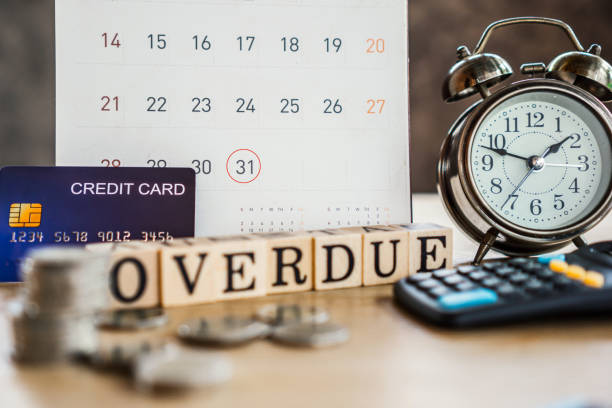When Your Phone Becomes a Battlefield
You know the feeling. Your phone rings and it is a number you do not recognize. You hesitate. Maybe you answer. A voice on the other end jumps right in asking about a payment you missed, a bill you forgot, or a debt you cannot quite recall. Suddenly, your heart races. It feels like an ambush. But here is the thing most people forget. You are not powerless. In fact, you have more control than you might think when dealing with debt collectors. Credit card debt relief may feel like a far-off dream but protecting yourself starts with understanding your rights and learning how to manage the situation calmly.
The Human Side of Debt Collection
Most advice articles make it sound like you are going up against a faceless machine. But behind every debt collection agency are people just doing their jobs. That does not mean you should tolerate harassment but recognizing that you are dealing with a person can help you stay calm and strategic. Often, collectors rely on catching you off guard. If you panic, you might say something you regret or agree to something you cannot afford. Stay calm. Slow the conversation down. Ask for everything in writing. This simple approach can take the wind out of their sails.
Know Your Rights Before You Talk
Before you engage, you need to arm yourself with knowledge. The Fair Debt Collection Practices Act (FDCPA) lays out specific rules collectors must follow. They cannot call you before 8 AM or after 9 PM. They cannot use abusive language or threaten you with jail time. They must identify themselves and tell you exactly who they are collecting for. If you ask them to stop contacting you, they are legally obligated to do so in most situations. Knowing these rules gives you confidence. You are not being difficult by standing your ground. You are exercising your rights.
The Power of Documentation
Here is a strategy many overlook. Make documentation your best friend. Keep a log of every call. Write down the date, time, who you spoke to, and what was said. If they send letters, keep them. If you send letters, make copies. Send everything by certified mail with a return receipt. Why? Because if things ever escalate, your paper trail can be your strongest defense. Even a simple notebook dedicated to these interactions can make a huge difference. It shows you are organized, informed, and not easily intimidated.
Do Not Fall for Pressure Tactics
Collectors often use urgency to push you into bad decisions. They might say you need to make a payment today to avoid legal action or that you can settle the debt for less if you act immediately. This sense of urgency is designed to make you act on emotion instead of logic. Take a breath. You always have the right to ask for written validation of the debt. Make sure it is accurate and that you actually owe the amount they claim. Scams are not uncommon in debt collection so verifying the debt is a critical first step.
Negotiation Is an Option
Many people think they have to pay the full amount or nothing at all. But negotiation is often possible. Collectors may be willing to settle for less if you can make a lump sum payment. If you go this route, make sure you get any agreement in writing before you send money. Do not give access to your bank account or credit card. Instead, use secure and trackable payment methods. Negotiating may not erase all your debt but it can bring some breathing room and contribute to your broader credit card debt relief efforts.
Do Not Ignore Legal Action
Sometimes collectors take the issue to court. If you receive a summons, do not ignore it. Failing to respond can lead to a default judgment against you, which may result in wage garnishment or bank account levies. If you are not sure how to respond, consider seeking legal advice. Many communities offer free legal aid or nonprofit credit counseling services that can guide you through the process. Showing up in court, even if just to ask for more time or negotiate, is always better than pretending the problem does not exist.
Protect Your Mental Health
Dealing with debt collectors can be emotionally exhausting. The constant calls and letters can make you feel trapped and ashamed. Remember, having debt does not make you a bad person. Millions of people are in similar situations for countless reasons. Protect your mental health by setting boundaries. You are allowed to tell collectors when they can call and how they can communicate with you. Surround yourself with supportive people who remind you that this is a temporary challenge, not a permanent reflection of your worth.
Plan for Long-Term Stability
While handling collectors is important, it is also crucial to think about your long-term financial health. Consider speaking to a reputable credit counselor who can help you create a plan to pay down your debts and avoid future issues. Small changes like building an emergency fund, sticking to a budget, and exploring legitimate credit card debt relief options can provide a foundation for a more secure future. The goal is not just to survive the current situation but to build habits that prevent it from happening again.
You Are Not Alone
It might feel like you are fighting this battle solo but countless people are dealing with debt collectors every day. By knowing your rights, staying organized, and seeking support when needed, you can protect yourself and regain control. The process may not be easy but it is entirely possible to face debt collection with confidence and come out stronger on the other side.
